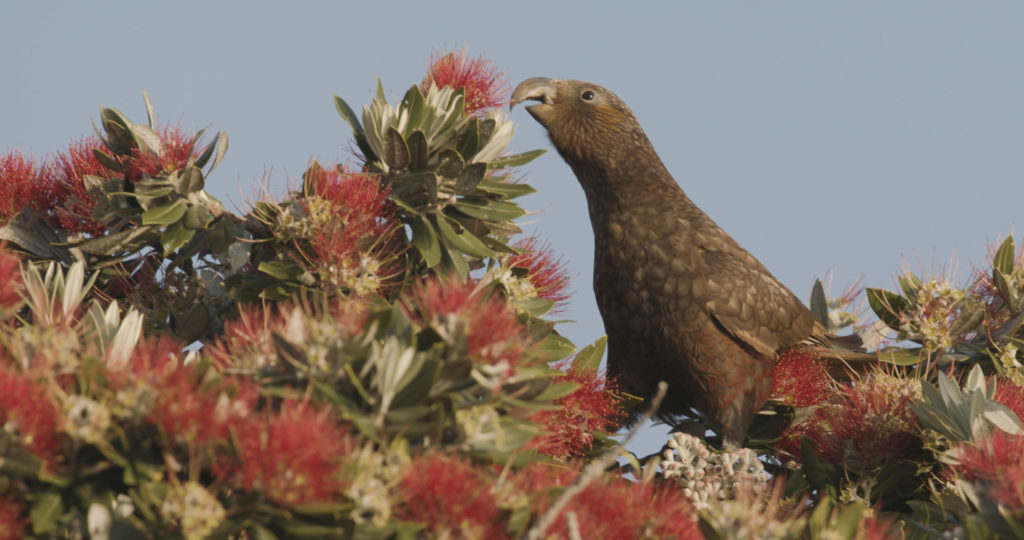Fight for the Wild
Since the arrival of humans in Aotearoa New Zealand, mammalian pests have been introduced alongside them. Having evolved in the absence of this predation pressure, our native flora and fauna had little in the way of defense against these predators. As a result, over 4000 of our native species are on the threatened species list. In 2016, the government announced the goal of eradicating possums, stoats and rats from the country, and Predator Free 2050 was born.
Released on May 10, Fight for the Wild is a documentary and podcast series which explores the losses we have faced in our natural environment, and what actions we can take to prevent even more. Predator Free 2050 is a big and ambitious initiative, one that would undoubtedly help protect our native taonga, but how will we do it?
“We are the curators or the custodians of a whole lot of wonderful species. The time is now and it’s never been so critical. Many of our species are still declining.” says Andrea Byrom, former Director of Biological Heritage.

Fight for the Wild speaks with the kaitiaki, ecologists, iwi and community members working hard to defend our taonga species. Across the country, initiatives are underway to remove pests and protect species such as kea, kiwi and kākāriki, and we have many challenges to face as we work towards the predator free goal. The show visits the dedicated communities working through these challenges, and the remote areas where some of our rarest species are living.
The documentary series was directed and produced by Peter Young. “In the 25 years that I have been making documentaries, Fight for the Wild is one of the most important series that I have worked on. It reveals the desperate state of our native wildlife and the knife edge they navigate each and every day simply to survive.”
Supported by Biological Heritage, Fight for the Wild shows New Zealanders just how important this battle we’re facing is, and how each of us has a role to play in the protection of our native wildlife.
“This is the opportunity to really show a bi-cultural relationship that protects and preserves our land and our environment and our way of living together… I think we would look back from 2051 and we would say: We did this together. We did this in true partnership.” says Biological Heritage’s Kaihautū Ngātahi, Melanie Mark-Shadbolt.
You can view the documentary series and listen to the podcast episodes here, and the documentary is also available on TVNZ OnDemand.